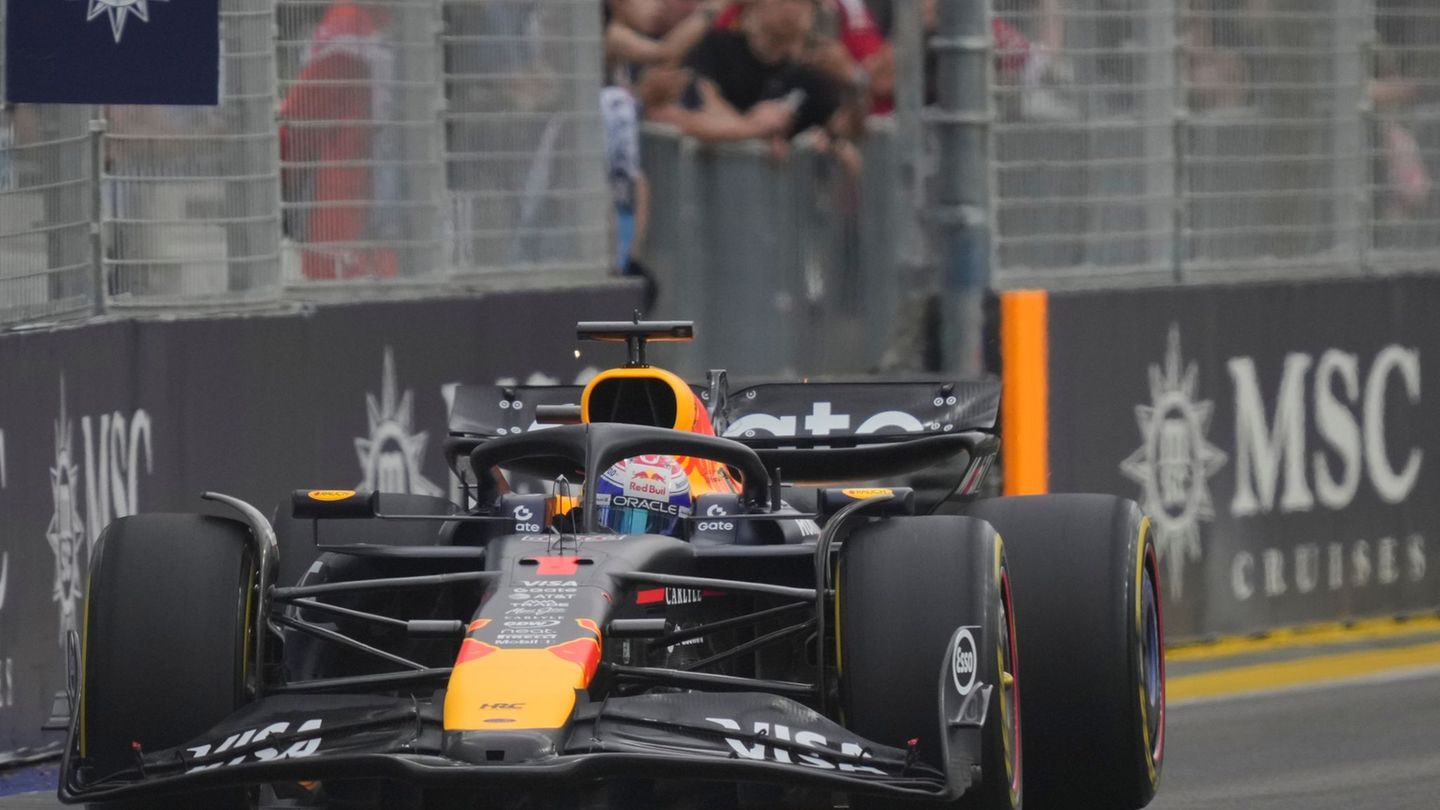Washington, London and Canberra signed an alliance to secure the Indo-Pacific region on Wednesday in the face of increasing demonstrations of force from Beijing. Among other things, it provides for the construction of nuclear-powered submarines in Australia. The EU and especially France were taken by surprise.
“We intend to build these submarines in Adelaide, Australia in close cooperation with the USA and Great Britain,” announced Australian Prime Minister Scott Morrison at a video conference with US President Joe Biden and British Prime Minister Boris Johnson. The initially eight submarines are said to be nuclear powered, but not to transport nuclear weapons, as the heads of state and government of the new three-party alliance called “AUKUS” emphasized.
Alliance against China
The three heads of state and government did not explicitly mention China when they announced their deal. However, Morrison said the new tripartite alliance should help address the “challenges” in the “increasingly complex” Indo-Pacific region.
Australia, but also the USA, are looking at the emergence of economically and militarily emerging China with increasing concern. Biden said the alliance is about giving all partners access to “the most modern resources” “to respond to rapidly evolving threats and defend ourselves.”
China was angry on Thursday, describing the alliance as “extremely irresponsible”. “AUKUS” seriously undermines regional peace and stability and is promoting the arms race, “said Chinese Foreign Ministry spokesman Zhao Lijian. The West must “give up its outdated zero-sum game from the Cold War”.
Morrison had previously sought talks with China and issued an “open invitation” to President Xi Jinping. Johnson also tried to rebut Beijing’s allegations: the alliance was “not designed for hostilities,” he stressed.
France upset
The new agreement is, however, to the disadvantage of France: Shortly after the announcement, Canberra terminated a multi-billion dollar submarine deal with Paris. His country will no longer maintain the agreement to purchase twelve submarines with the French company Naval Group, worth the equivalent of almost 56 billion euros, said Morrison. The French submarines only have conventional propulsion systems.
France’s Foreign Minister Jean-Yves Le Drian said Canberra had “stabbed Paris in the back” with it. “I’m very angry and bitter today,” he said. This is not dealing with allies.
He accused Biden of having made a “brutal” decision based on the motto of his predecessor Donald Trump. The White House later said it had spoken to the French government about the new alliance in advance. A spokesman for the French embassy in Washington, however, said the diplomats only found out about it from the media.
Demand for “European strategic autonomy”
The US president tried to appease by stating that the US wanted to work “closely” with its “key partner” France in the Indo-Pacific region. Le Drian and the French Defense Minister Florence Parly said, however, that the behavior of the US underlined the need for “European strategic autonomy”.
Support for Paris came from EU foreign policy chief Josep Borrell. He said that he could understand the disappointment of the French government and criticized the fact that the EU had not been informed about the plans beforehand. Borrell also announced an increased engagement of the EU in the Indo-Pacific region. Among other things, the EU wants to conclude further trade and partnership agreements there, but also increase its own naval operations.




